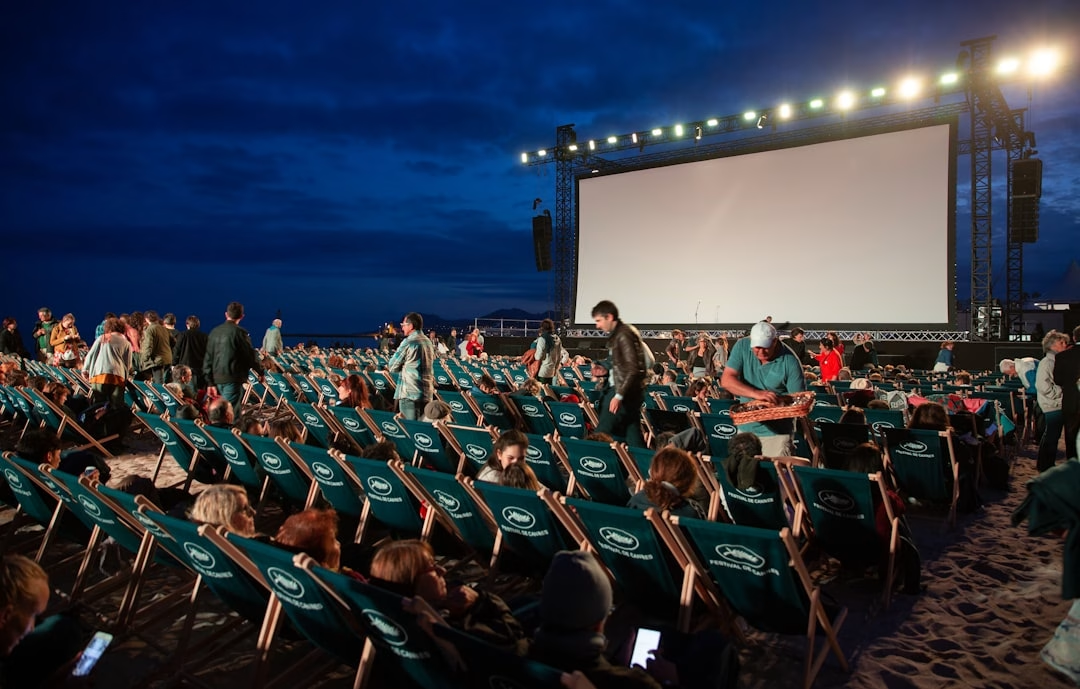The Role of Women in Cinema
In the seductive world of cinema, women have played significant roles, not only in front of the camera but behind it as well. Their influence spans from being influential directors, producers, and screenwriters to portraying strong, complex characters on screen. This article explores the evolving role of women in cinema, their contributions, struggles, and their rise to the forefront of the cinematic universe.
Historical Overview
The role of women in the cinema industry has radically evolved over the past century. Starting from the silent era, when women were often portrayed as damsels in distress or objects of desire, we have moved to a time where women now play strong leads in major blockbusters.
The Early Years
- Women in the Silent Era: In the silent cinema era, women were predominantly cast in ‘soft’ roles that upheld their traditional societal roles.
- Allure of the Talkies: As cinema transitioned to sound (‘talkies’), women’s roles expanded slightly. They were often cast as singers or dancers, leveraging their ‘audible’ talents.
- The Golden Age of Hollywood: This period, from the 1920s to the 1960s, saw women playing more complex and diversified roles.
Modern Cinema
In contemporary cinema, women are not just actors but also influential directors, producers, and screenwriters. They aren’t just part of the narrative, they’re shaping it.
Women Behind the Camera
- Directors: Notable directors like Sofia Coppola, Ava Duvernay, and Kathryn Bigelow have paved the way for more women to take up directing.
- Producers: Powerhouse producers like Kathleen Kennedy and Amy Pascal have displayed their ability to run successful productions.
- Screenwriters: Women screenwriters like Diablo Cody and Greta Gerwig have been recognized for their innovative and poignant storytelling.
Conclusion
Though the film industry still has a long way to go when it comes to gender equality, we are seeing more and stronger representations of women. Not only do they continue to break the glass ceiling, but they also provide inspiration and role models for future generations. As we move forward, we hope to see a more inclusive and balanced cinema world where gender is not a determinant of success or opportunity.
